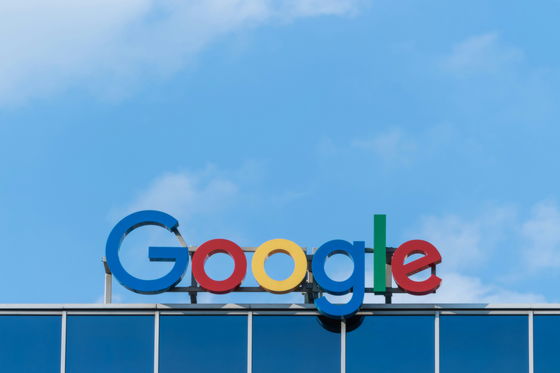US Department of Justice demands Google sell Chrome, Google counters that this goes 'far beyond the court's discretion'

The US Department of Justice (DOJ) is seeking to sell Google's Chrome web browser, citing antitrust violations in its search business. Google has responded by directly refusing the request, calling it 'far beyond the court's discretion.'
DOJ's staggering proposal would hurt consumers and America's global technological leadership

DOJ says Google must sell Chrome to crack open its search monopoly - The Verge
https://www.theverge.com/2024/11/20/24300617/doj-google-search-antitrust-chrome-breakup
Will Google end up selling Chrome? The odds are already in - Android Authority
https://www.androidauthority.com/chrome-sale-odds-3502117/
In October 2020, the DOJ sued Google for 'unlawfully maintaining a monopoly through anticompetitive and exclusionary practices in the search and search advertising markets.' In August 2024, Judge Amit P. Mehta of the U.S. District Court for the District of Columbia, who was in charge of the case, ruled thatGoogle violated antitrust laws , stating that 'Google's actions constitute a monopoly in general search services and general search text advertising.' In response to this ruling, the DOJ was considering splitting up Google's business .
The Department of Justice plans to force Google to sell Chrome, separate Android search from Google Play, license search data, etc. - GIGAZINE

On November 20, 2024, local time, the DOJ filed a proposed remedy to end Google's monopoly in the search market. In this proposed remedy, the DOJ once again asks Google to sell its web browser, Chrome.
However, Google updated its blog on November 21, 2024 local time, stating that it opposes the DOJ's proposed remedies, arguing that they would 'hurt consumers and America's global technological leadership.'
Google called the DOJ's proposed remedies 'a radical intervention that would harm Americans and our global technological leadership.' 'The Department of Justice's sweeping proposals go far beyond the court's decision and would disrupt a wide range of non-search Google products that people love and use every day.'

Google explained which of the DOJ's proposed corrective measures it found particularly dangerous, along with the reasons why:
By forcing the sale of Chrome and potentially Android, you are putting the security and privacy of millions of Americans at risk and undermining the products people love.
It requires unnamed domestic and international companies to disclose not only Google's innovations and achievements, but also Americans' personal search queries.
They are trying to curb investment in artificial intelligence (AI), perhaps the most important innovation of our time, and in which Google plays a leading role.
It will have a negative impact on innovative services such as Mozilla’s Firefox that rely on charging Google for search results.
Intentionally disrupting people's ability to access Google Search.
- Appoints a 'technology committee' with sweeping power over users' online experience and mandates microgovernment control over Google search and other technologies.

In addition, the DOJ's proposed fix would require Google to 'literally install two separate selection screens before accessing Google Search, rather than one,' on its Pixel smartphones. However, the design of these selection screens would have to be approved by the technology committee, which would prevent Google from innovating.
'The DOJ's approach would expand government power at an unprecedented rate, harm American consumers, developers and small businesses, and jeopardize America's global economic and technological leadership at a time when we need it most,' said Kent Walker, president of global affairs and chief legal officer for Google and parent company Alphabet.
Walker added, 'We are still early in a long process, and many of these requests are clearly far removed from what the court order contemplated. We plan to submit our own proposal in December and to develop more extensive arguments in 2025.'
Related Posts:
in Software, Posted by logu_ii







